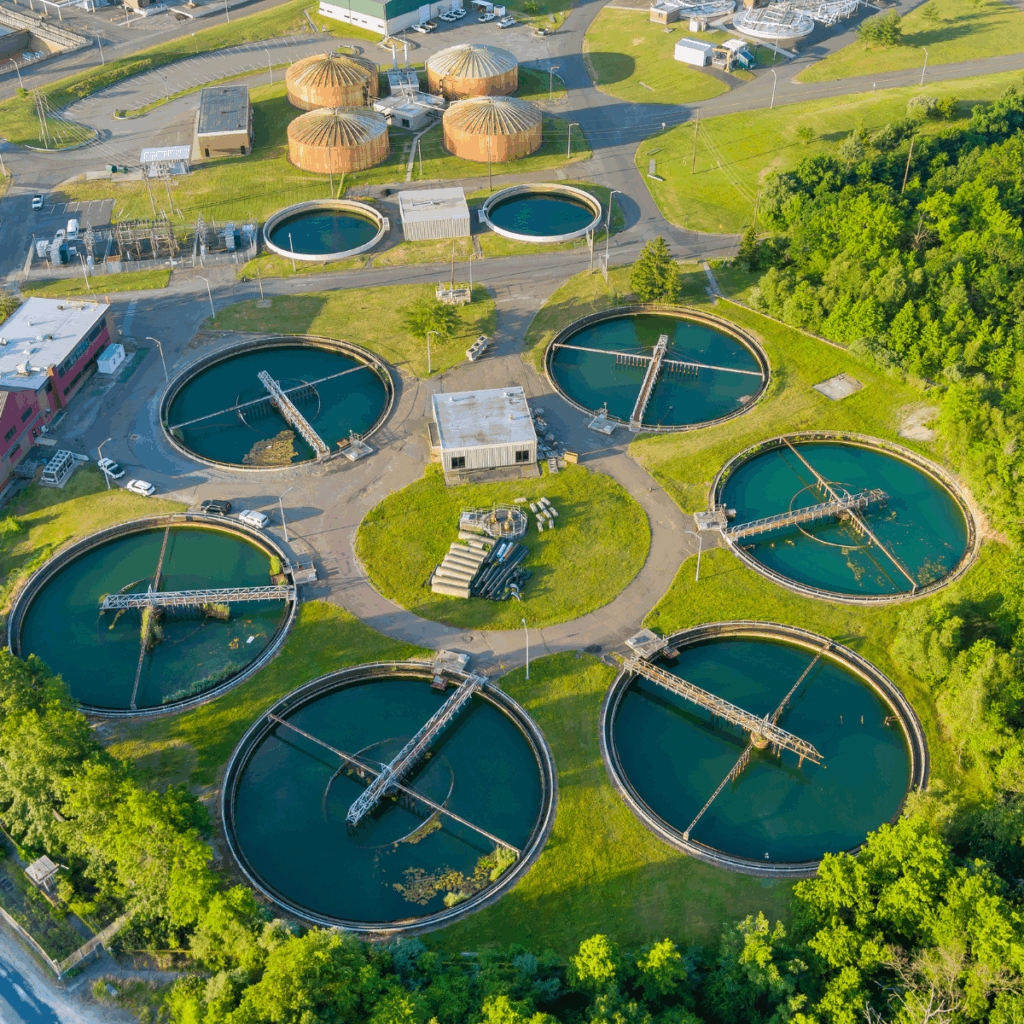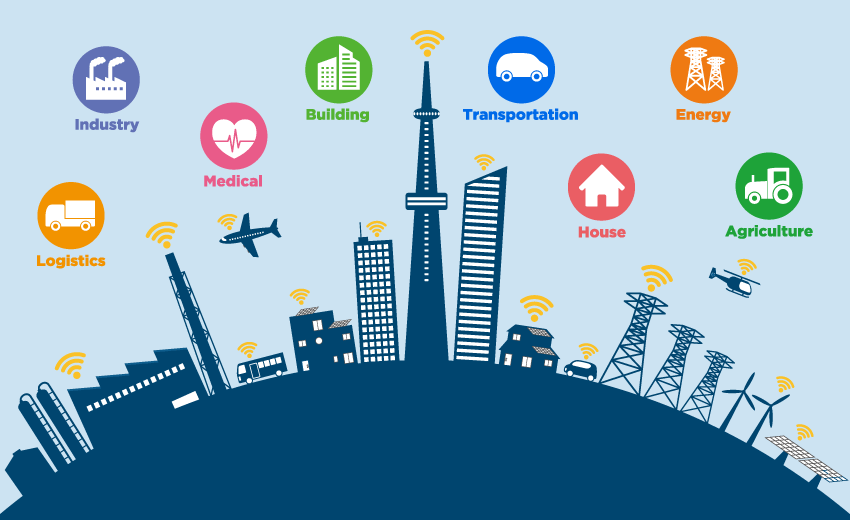The Rising Need for Smart Water Systems
Urban areas are facing mounting pressure to deliver clean water efficiently. With rapid urbanization, aging infrastructure, and growing demand, traditional water systems are falling behind. Smart water systems, powered by the Internet of Things (IoT), offer cities a data-driven way to monitor, manage, and optimize water resources — reducing waste, preventing leaks, and ensuring sustainable usage.
What Are Smart Water Systems?
IoT in Urban Water Infrastructure
Smart water systems rely on a network of IoT sensors and connected devices that continuously monitor water flow, pressure, quality, and consumption. These devices feed real-time data into central platforms, enabling predictive maintenance, automated alerts, and actionable insights for operators.
Key Components
- Sensors: Detects leaks, pressure drops, and temperature anomalies.
- Smart Meters: Track household or building water usage accurately.
- Cloud Platforms: Analyze data, generate reports, and support decision-making.
- Automated Valves: Enable remote control and prevent water loss.
Benefits of IoT-Powered Water Management
Leak Detection and Prevention
One of the most immediate gains from smart water systems is early leak detection. Traditional systems often fail to spot small but persistent leaks. In contrast, smart systems can identify anomalies instantly and trigger alerts before major damage occurs.
Optimized Water Distribution
With real-time consumption data, cities can better allocate water based on demand. This reduces the strain on infrastructure and prevents overuse during peak periods. Moreover, smart pumps and pressure systems adjust automatically to ensure efficient flow.
Enhanced Water Quality Monitoring
IoT sensors track water quality parameters such as pH, turbidity, and temperature. This is crucial in ensuring safe drinking water and identifying contamination sources before they pose risks to public health.
Data-Driven Policy and Planning
Access to live data enables better long-term planning. Urban developers and municipal leaders can model scenarios, evaluate consumption patterns, and create more resilient infrastructures based on insights from smart water systems.
Global Examples of Smart Water Systems
Barcelona’s Smart Water Grid
Barcelona has implemented a smart water system that integrates over 500,000 connected meters. The platform has led to a 25% reduction in water loss and improved public awareness of consumption through mobile apps.
Singapore’s Water Monitoring Network
Singapore’s Public Utilities Board uses IoT to monitor its entire water supply chain, from reservoirs to treatment plants. With predictive analytics, the system helps optimize purification processes and reduce energy consumption.
Challenges in Implementing Smart Water Systems
Initial Costs and Integration
Deploying these systems involves significant upfront investment in hardware, software, and skilled labor. Furthermore, integrating these technologies with legacy infrastructure can be complex and time-consuming.
Cybersecurity and Data Management
As with all connected systems, cybersecurity is a major concern. Water utilities must protect sensitive data and prevent potential disruptions from cyberattacks.
The Road Ahead for Sustainable Urban Hydration
Smart water systems are not just about technology — they represent a shift toward sustainable urban living. By embracing IoT-based water management, cities can preserve natural resources, enhance service delivery, and improve quality of life for their citizens.
Conclusion
The evolution of smart water systems is already transforming how cities manage one of their most critical resources. From reducing energy consumption to preventing water waste, the integration of IoT in urban water infrastructure is a leap forward in resilience and sustainability. As more cities across the Middle East and beyond embrace digital transformation, investing in smart water solutions will be key to ensuring a healthier, more hydrated future.Explore how MTi Arabia can help you leverage these trends to revolutionize your city. Contact us here.



